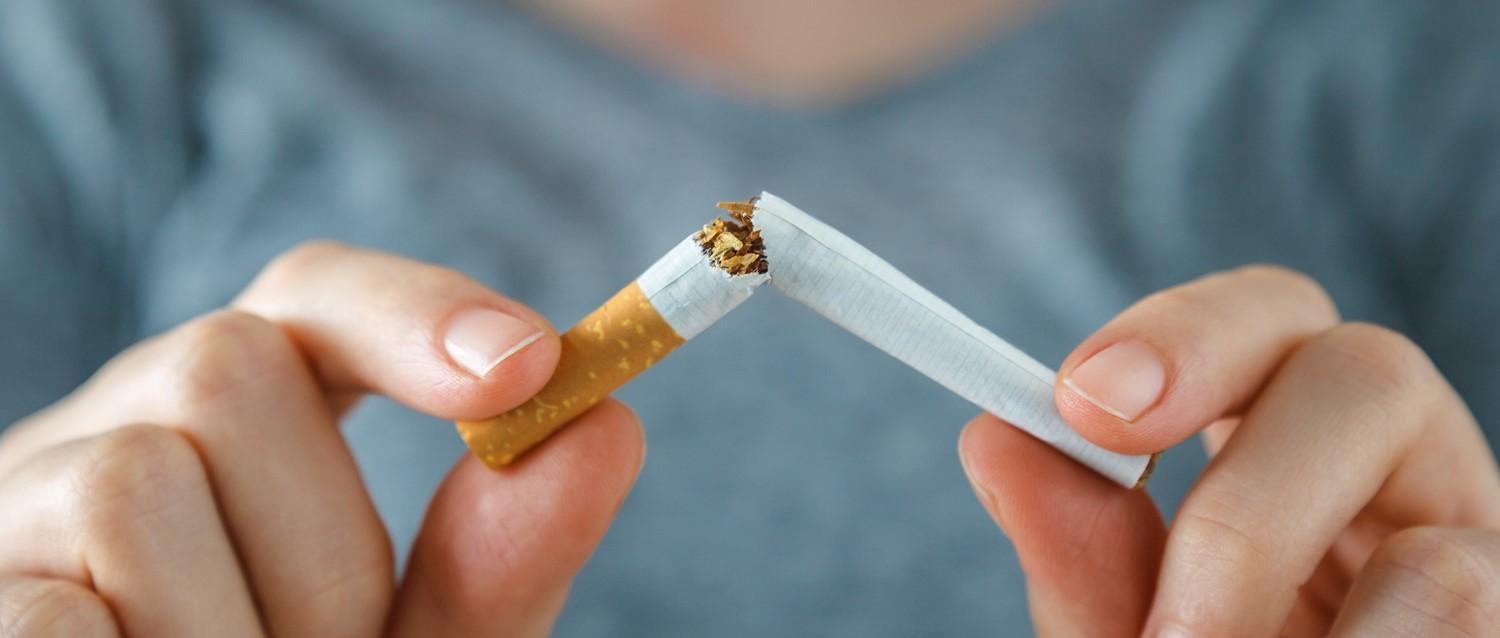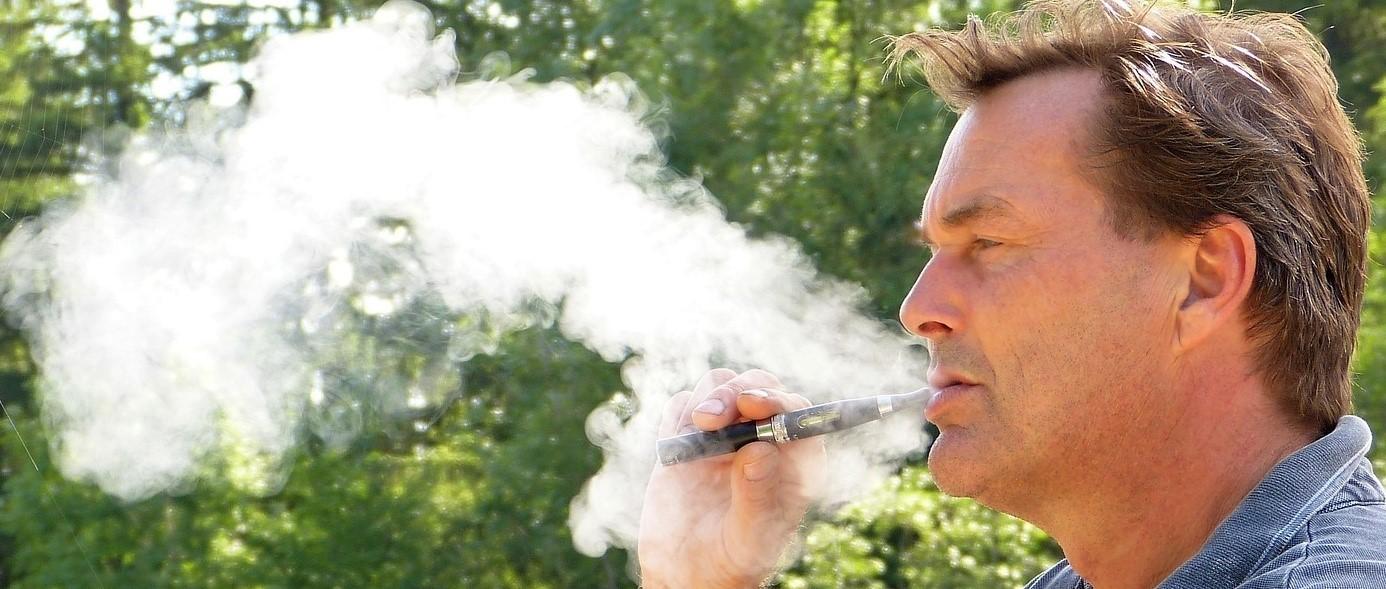
What to do if you relapse after quitting smoking
Peer reviewed by Dr Sarah Jarvis MBE, FRCGPLast updated by Andrea DowneyLast updated 7 Apr 2021
Meets Patient’s editorial guidelines
- DownloadDownload
- Share
- Language
- Discussion
Don't give up! That's the message if you've relapsed after quitting smoking. Smoking is a hard habit to kick so don't be hard on yourself if you're finding it tough. There are lots of techniques which can help you to get back on track and keep it up long-term.
In this article:
Smoking is one of the biggest causes of death in the UK. More than 78,000 people in the UK die from smoking-related illnesses every year, with thousands more living with life-changing conditions caused by cigarettes.
If you have started smoking again after trying to quit, there's a range of support available to help you stub cigarettes out for good.
Jessica Kirby, head of health advice at the British Lung Foundation, explains how you can stick to your quitting plan.
"It's normal to try stopping a number of times before finding what works for you," she says. "It's OK to slip up. Don't worry, you haven't failed. It's a small setback and it's always worth continuing."
Continue reading below
Finding the right support
There are many methods to help you quit smoking, from nicotine patches to gum to lozenges. It's the nicotine in cigarettes that make them so addictive, so using a tool to gradually decrease your body's reliance on it will boost your chances of success.
Some people try going cold turkey - quitting abruptly rather than easing into it - but you're much more likely to succeed if you use stop smoking treatments to help curb those cravings. In fact, NHS figures suggest just three in every 100 smokers are able to stop smoking permanently if they go cold turkey.
"You're around three times more likely to stop successfully if you use a combination of stop smoking treatment and specialist help," Kirby explains. "Stop smoking treatments include medication and e-cigarettes, as well as nicotine replacement therapy (NRT), such as patches, gum, sprays and lozenges.
"There isn't one right way to give up smoking. Everyone is different, and what works for one person doesn't always work for another. If the method you're using isn't working for you, try something else. Don't quit quitting."
Try a combination of methods
A combination of NRT and other treatments is the best option for most people. This is because of your body's addiction to the nicotine in cigarettes. Your body has become accustomed to a certain level of nicotine every day, so you're more likely to be able to give up smoking for good if you can take medication to curb your body's cravings.
You'll likely experience two types of cravings:
The constant background craving for a cigarette.
Sudden intense desires to smoke.
These intense cravings often happen in social situations like when you've had a few drinks, or if you're around friends who are smoking. Avoiding these situations if possible or explaining to friends that you're trying to quit can help you to avoid and manage these situational cravings, especially in the early stages of quitting.
Other treatments like speaking to a specialist or seeking out therapy to support you with becoming smoke-free can help you to manage the mental health side of quitting.
Quitting smoking is no easy feat so you might find it useful to learn some behavioural changes that can help you when you feel overwhelmed by the urge to reach for a cigarette.
"Quitting with specialist help and nicotine replacement therapy is most effective because the medication tackles the nicotine cravings, while the behavioural support helps you break the habits linked to smoking," Kirby explains.
Continue reading below
Stressful times
Quitting smoking isn't easy at the best of times, after all you're used to smoking every day and your body craves the nicotine.
But there are also times when you're more likely to relapse - times when you feel like you need cigarettes as a crutch to get you through. The most likely time is periods of high stress. Everyone finds coping mechanisms to help them get through a stressful time in their lives, and if yours was once smoking then you're more likely to take it up again.
"For some people, it may be that relapsing is more likely during periods of stress. But it's important to remember that in the long run, quitting will benefit your mental health, as well as your physical health," Kirby says. "Quitting smoking doesn’t have to be a stressful experience, and when you successfully quit, it will improve your feeling of well-being."
The good news is, the longer you've gone without cigarettes the less likely you are to relapse.
"Research has shown that smokers who quit for six weeks or more are happier and experience less anxiety and depression than those who carry on smoking," Kirby adds.
Remember your goals
If you've recently relapsed after quitting smoking, or you're thinking of lighting up again after trying to kick the habit, Kirby suggests focusing on why you chose to give up in the first place.
"Remember the reasons why you wanted to quit smoking in the first place. You might find it helpful to make a list to read through when you need extra motivation," she says. "It's a good idea to think about when you're likely to be tempted and come up with ways to overcome the urge. For example: 'If my friends are smoking, I'll leave the room.'
"A craving can last five minutes - so think of five-minute strategies. If you find a certain time of day or place hard, try a new routine."
We all know that smoking is bad for our health - it's linked to more than 50 serious health conditions, including cancer, heart disease, stroke and chronic lung conditions - so remind yourself you've made the decision to quit for your health.
"If you can stop smoking, you'll live longer and feel better. It doesn't matter how old you are or how long you have smoked for," Kirby adds. "Reward yourself when you're doing well, but don't beat yourself up if you're struggling."
If you need more advice about quitting smoking or you're looking for some personalised support, you can find out more information about stop smoking services in your local area on the NHS Smokefree website, or you can speak to a pharmacist about the tools available to help you quit.
Patient picks for Smoking and vaping

Healthy living
Should you take Champix to help you stop smoking?
Of all the quit-smoking products to have come on to the market in recent years, varenicline - most commonly known by its brand name Champix - remains one of the most effective. While the side-effects can be extreme for a small minority of people, the pay-off is worth it, reveals one former smoker.
by Ross Davies

Healthy living
E-cigarettes could be prescribed on the NHS in world first
As part of the government's ambition to make England smoke-free by 2030, we could become the first country in the world to prescribe medicinally licensed e-cigarettes.
by Emily Jane Bashforth
Continue reading below
Article history
The information on this page is peer reviewed by qualified clinicians.
7 Apr 2021 | Latest version
7 Apr 2021 | Originally published

Ask, share, connect.
Browse discussions, ask questions, and share experiences across hundreds of health topics.

Feeling unwell?
Assess your symptoms online for free